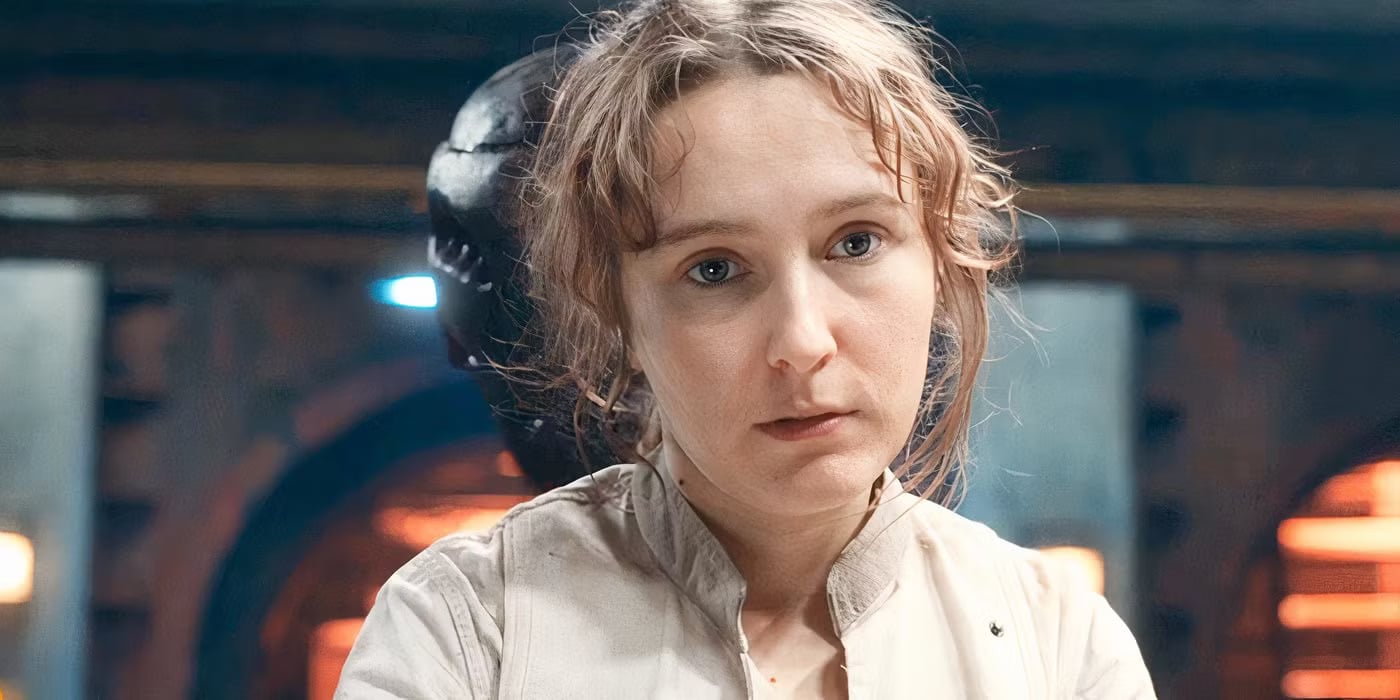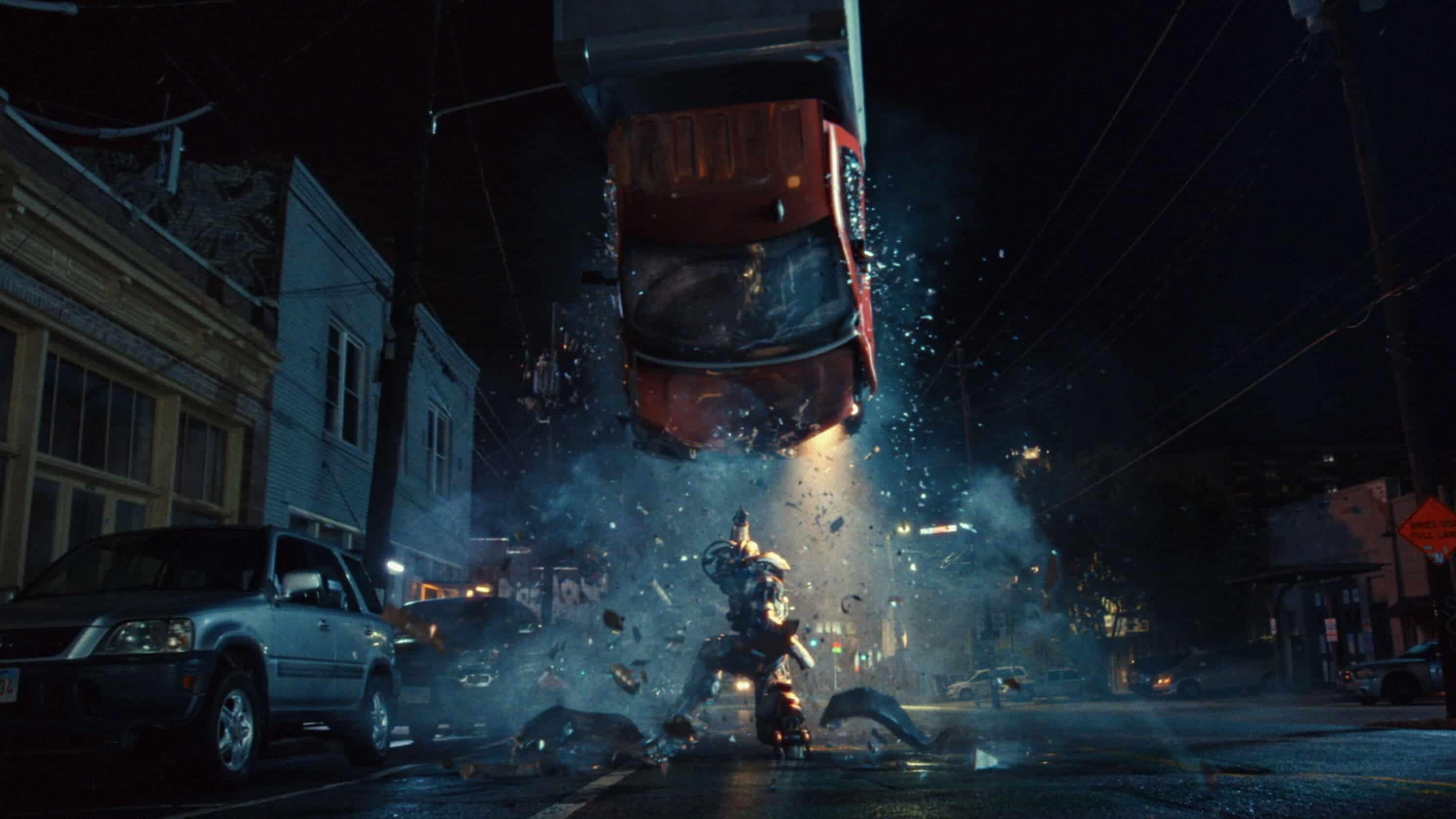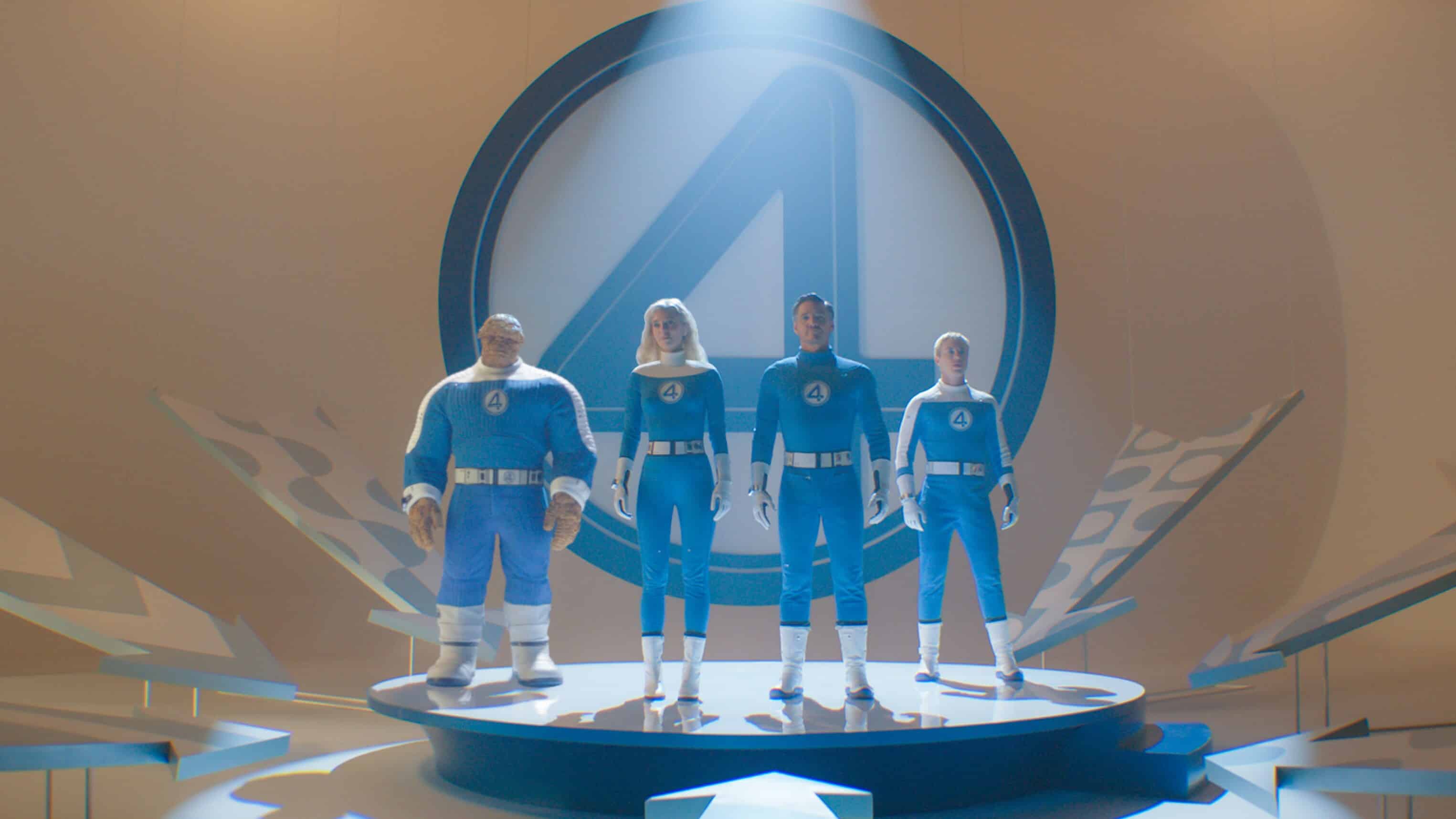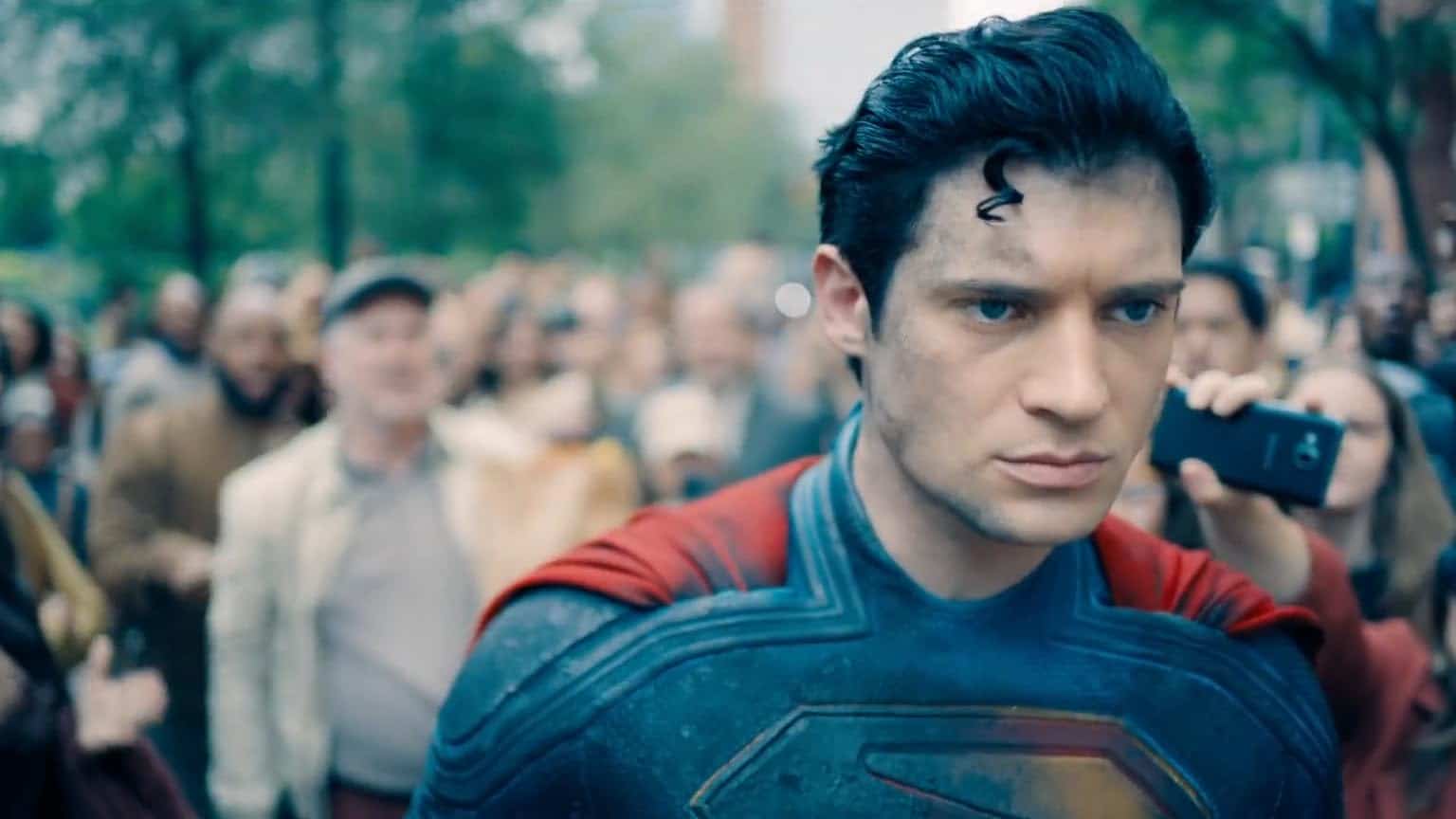Margot Waldman: On their quest to get back home to May 2025, the Doctor and Belinda make a slight detour 500,000 years in the future – and into what I think has been the strongest episode of the season so far. What do you think, Armaan?
Armaan Babu: I’m behind you 100%. Well, behind-adjacent, as being directly behind anyone for this episode might be fatal. However, not only did I think it was the strongest episode of the season, it may be one of the strongest episodes this Doctor’s had, period. I really enjoyed it, for multiple reasons, and look forward to discussing it with you!
Margot: I think the one really overarching thing you can criticize RTD2 for is its gimmicks. As much as I liked last week’s episode – and Armaan didn’t – I can’t deny for a moment that it had a gimmick, that it lived and breathed on its high concept. Here, though, on Planet 6767, the concept is as simple as it gets, and the stakes couldn’t be higher.
Armaan: One of the first things we discussed when preparing for coverage of this season is what kind of episodes we liked the most, and something we both agreed on is that we both like the ones where the show takes a gimmick and really just runs with it. With that in mind, it’s no surprise that we both liked this one, because they really did have a lot of fun with this concept here. So for those of our readers who may not have seen the episode, what is the gimmick?
Margot: If you turn your back on Aliss Fenley (played brilliantly by Rose Ayling-Ellis), you’ll probably die. If you stand at midnight on the planet that was once called Midnight, you die – and if someone kills you, it spreads. It’s tag for psychopaths. A brilliant, simple, mesmerizingly clear and scary RTD villain – of the kind we’ve not seen quite so many of this time around. The RTD who wrote “Wild Blue Yonder” last season, with the Doctor, Donna, the Not-Doctor and the Not-Donna.
Armaan: Another one of my favorites (though also one that speaks to one of my highly specific phobias).
Margot: This, to me, is the platonic ideal of a very wonderful and very necessary genre of Doctor Who episode – the show that sends little kids behind the couch and puts them to sleep that night worried the shadows might be doubled, or the mannequins alive. We can call it science fiction, but really it’s weird fiction – as maybe all science fiction is. The racial underpinnings of, say, H.P. Lovecraft’s fiction can’t be ignored, but I think the basic idea of something in a diamond mine on a faraway world simply being beyond human scientific, capitalistic and extractive understanding remains a perfectly sound one in 2025. We’re still able to be worked upon by stories about things that prey on what we don’t know – or, rather, on what we’ve done or set out to do and don’t yet realize the implications of. Mary Shelley’s Frankenstein opens with precisely this format being established – a bold polar explorer eager to push against the limits of human knowledge (in her day, that was as far as anyone could dream of realistically going). Then he meets the good Doctor Frankenstein, who tells him what those limits are. We rely on the Doctor, as someone who watches Doctor Who, to know something and to succeed – to always succeed. But here, as in Midnight – seventeen years ago – the Doctor’s only solution is to declare a place off limits, to nuke it from orbit in the hopes that whatever thing lived there is sealed away.
Armaan: There’s something powerful about a foe the Doctor just can’t beat. One of my biggest dissatisfactions from last episode was about how a being that was meant to be a god was defeated just by letting a little sunlight in. This creature here — despite not being an otherworldly god tying into a multiseries-long arc — is scary in a way that none of the Pantheon have been (not even the God of Death!).
It’s not just that we never quite see the creature. It’s not even the murders it commits. It’s the fear we see in the Doctor’s eyes — both as Ncuti Gatwa in the present, and as David Tennant in the flashback — that sells the horror. Even at the Doctor’s cleverest, his best plan is in figuring out a way for everyone to run from the creature as fast as they can. His best plan here is to leave the creature behind, locked up. There’s no victory to be had; all he can do is hope to get everyone out alive.
Margot: As it happens, he fails – or so it seems. There’ll always be something you see out of the corner of your eye, something right behind you that can’t really be there – but it really is there, somehow. At this point in the season, the Doctor and Belinda have this uncertainty pretty literalized, too – what has become of Earth? The Doctor – and the viewer – don’t know. But I have to say, if the rest of the season is as good as “The Well,” I can’t wait to find out.
Armaan: The other mystery that’s been seeded here — the apparent wiping out of Earth and the human race from existence — is well handled. It’s given the weight it deserves in a way that doesn’t distract from the main plot. The episode’s focus isn’t split; there’s a worrying other development, yes, but it’s something to be considered later. The main worry — the monster hiding behind Aliss — still holds our full attention.
The best parts of this episode happen in a single room. Largely bare. No place for a creature to hide out in. Yet somehow, impossibly (and Doctor Who is always at its best when it’s making us believe in the impossible), a creature is hiding here. Ready to pounce.
I also really enjoyed some other little touches to this episode — the implied world beyond the carbon mining planet we see here. The idea that nurses are required to know sign language, and that everyone has a speech-to-text device readily available. I like how the Doctor insisted on using British Sign Language even after attaching the device, for Aliss’ benefit — to the point where I was actually a little disappointed every time he didn’t.
This season has done great work with implications. Whenever we visit a completely new, unfamiliar world, there are small mentions of things that give us glimpses into the world beyond the screen. Implied histories giving us a sense of a world that’s lived in, a world that exists beyond the Doctor’s brief visit. I really enjoy that.
Margot: Implication has always been one of Davies’ greatest strengths as a writer – the offhand comment, the evocative phrase that just hangs in the air can be so wonderful in his hands. Beyond that, I think this episode is really a model for the kind of socially responsible yet narratively swift and streamlined Doctor Who that RTD wants to make in the 2020s. The fact that some of the soldiers distrust Aliss because she signs is part of the plot. The fact that we ought to respect people with differences from ourselves because they have important individual insights is part of the plot. It’s a much stronger premise, I think, than bigotry coming up and then just sort of – hanging there?
The only hesitation I have is this – mining the past, like mining Midnight for diamonds, may not always work out quite so well. Not that I think RTD is poised to release unimaginable monsters that live in the corner of your eye – but the Chibnall era showed us, I think, the shrinking returns of bringing back old favorites. This, I think, was well chosen – a strange one-off experiment (that worked very, very well) which showed that something making a return appearance has dividends. This didn’t have to be a sequel to anything to work. Cut out any references to “Midnight,” and it’s just as strong an episode. Callbacks and sequels (not that this should shock anyone) have to stand on their own two feet, as stand-alones. Whereas something like bringing back Captain Jack Harkness (at a very poorly chosen time, given the allegations that would shortly arise about John Barrowman) was embarrassing pandering. The line can be thin, but it wasn’t crossed today, not in the least.
Armaan: Whenever I watch something from a long-established franchise, I always wonder how it’s going to appear to someone who isn’t aware of all aspects of that franchise’s history, trying to guess at how well that episode works for a fan who may not be fully in the know.
This week, that fan was me. There are large parts of Doctor Who I have not seen. As much as I enjoy the series, I do drop in and out, so I missed the episode they’re referencing here. I’ll admit, the show does, overall, work despite me not knowing so much about the other episode they’ve referenced. However, something was lost. It was a big reveal — it felt like the reveal of the planet’s name should have been a bigger deal than it was, but it wasn’t until the Doctor briefly explained things a little more that I could understand the significance of what I was missing.
That being said, I do like the tie-in, this casual sequel. Whatever this being is, it’s scarier for the Doctor having faced it before. It’s an unresolved foe. It’s a reminder of things that are more powerful than the Doctor — that there are limits to his cleverness. The Doctor should come up against things more ancient, more powerful than himself, and while it’s been hit or miss with the Pantheon, this blink-and-you’ll-miss-it-killing-you creature is absolutely a hit. What’s more, it makes me more confident about what’s to come. The Doctor has something to lose now — because we know it can happen.







